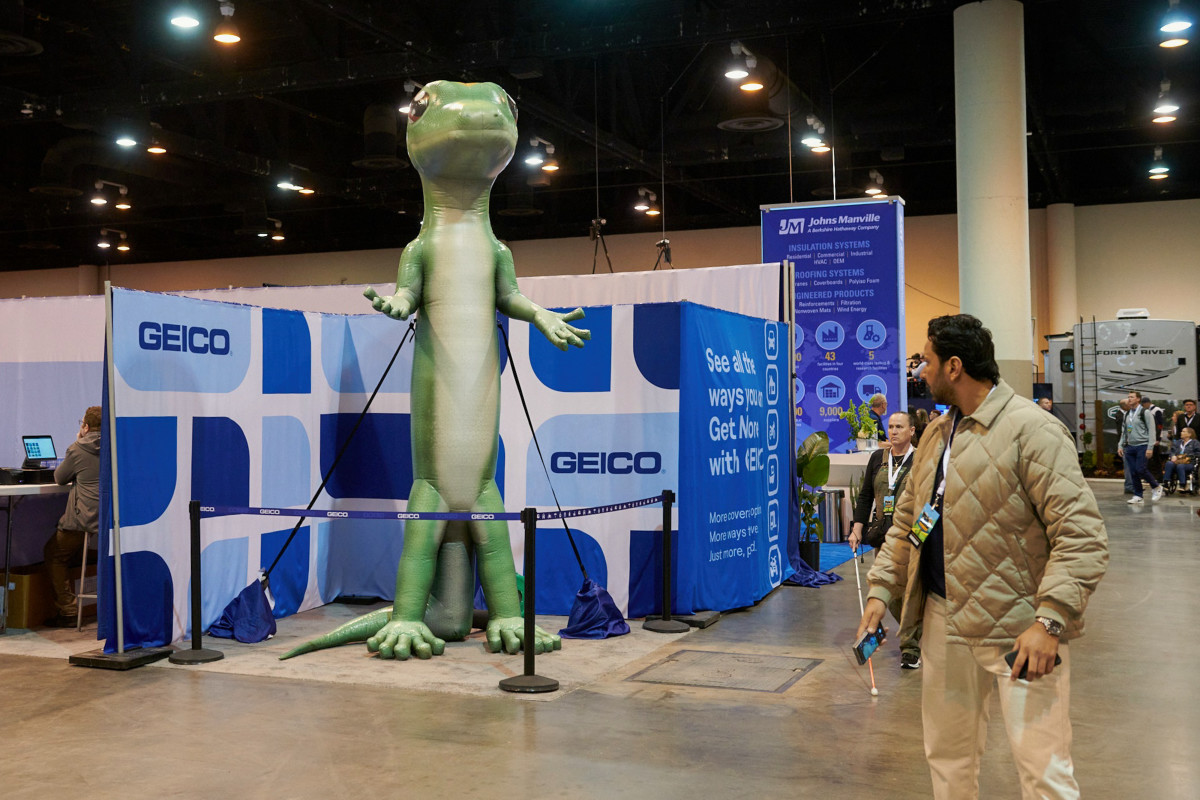Berkshire Hathaway displays level-headedness toward the development of autonomous cars
Conglomerate powerhouse Berkshire Hathaway has revealed their thoughts on the rise of self-driving vehicles and how it expects the tech to impact its most profitable segment of insurance, which its auto insurance subsidiary GEICO primarily drives. In Q1, Berkshire Hathaway’s income from insurance underwriting and insurance investment registered at a combined $4.23 billion, or 43.9% of its total operating earnings, The Motley Fool reports. Ajit Jain, Berkshire Hathaway’s vice chairman for insurance operations and a key force at GEICO, noted during the company’s annual shareholder meeting last week that as driving shifts from human behavior to complex machine processing, insurance needs to shift from compensating drivers to insurance automakers, software developers, and the intricate logistics in these vehicles’ code preventing accidents.
Waymo
“There’s no question that insurance for automobiles is going to change dramatically once self-driving cars become a reality,” Jain said in an interview with WebProNews. “Most of the insurance that is sold and bought revolves around operator errors,” while also noting, “To the extent these new self-driving cars are safer and are involved in fewer accidents, that insurance will be less required. Instead, as you [audience member] mentioned, it’ll be substituted by product liability,”
Billionaire Warren Buffett adds his two cents
Berkshire Hathaway’s CEO, Warren Buffett, 94, recently announced he’d be stepping down from his position at the end of 2025. Buffett described his stance on autonomous vehicles and car insurance during Berkshire Hathaway’s annual shareholder meeting on Saturday by saying, “You deal with the world as it develops.” The billionaire also noted that he doesn’t think that self-driving vehicles will undermine Berkshire Hathaway’s insurance profits by highlighting how the annual GEICO policy was around $40 annually when he started working at the company during the early 1950s and that now, it’s not unusual for a policy to be around $2,000, even though driving has gotten safer.
“During that same time [1950s], the number of people killed in auto accidents has fallen from roughly six per 100 million miles driven to a little over one. So the cars become incredibly safer, and it costs 50 times as much now, or thereabouts, to buy an insurance policy,” Buffett said, according to WebProNews.
Jain believes that vehicle accidents will decline as self-driving cars evolve, but expects the cost of repairing the newest multi-sensor, computer-filled autonomous fleets to climb. The Berkshire Hathaway executive also predicted that the auto insurance industry’s pivot toward product-liability policies will be the field’s largest-ever transformation.
Final thoughts
The self-driving car revolution is underway, and a subsequent seismic shift within the auto insurance industry may happen sooner than expected. Waymo, considered the world’s leading self-driving rideshare fleet, says in a new report that its vehicles are outperforming human benchmarks after 56.7 million miles. The autonomous software company cited its robotaxis as facilitating a 92% reduction in crashes involving injuries among pedestrians, 96% fewer injury-involving intersection crashes, and 85% fewer crashes with suspected serious or worse injuries.
Getty
Additionally, on April 28, electric automaker XPeng Inc. launched a smart driving insurance service offering additional coverage when its NGP (Navigation Guided Pilot) advanced driver-assist system is operating. NGP offers Level 3 out of Level 5 autonomous capability, meaning it can drive itself under most conditions, but a human must be ready to take over in case of an emergency. Even before self-driving cars take over roads, auto insurance could become more profitable in the near future with an increasing number of autonomous vehicles blending with human-driven automobiles.